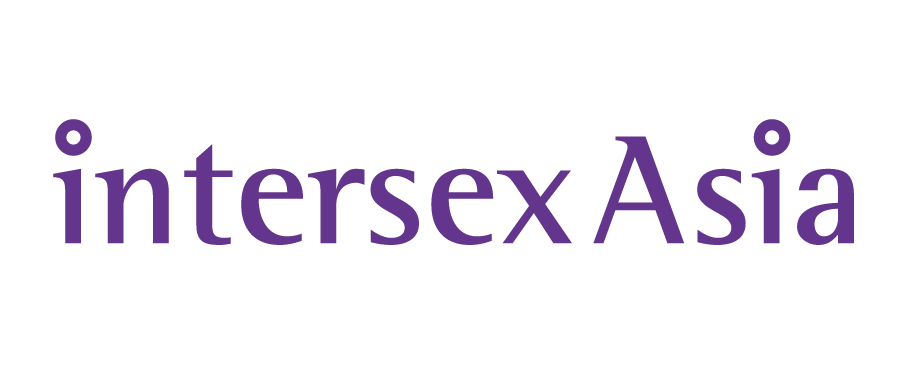In India, 22nd April is observed as the National Intersex Human Rights Day to mark the anniversary of the momentous Madras High Court judgment delivered in 2019 which banned unnecessary surgeries on intersex infants and children. This judgment heralded a new era for the intersex human rights movement in India and was welcomed by a range of stakeholders across India and the world. The Court directed the government of Tamil Nadu to pass a Government Order to enforce the ban on surgeries. On 13th August 2019, the Government Order was passed making Tamil Nadu the second place globally to have a legal protection regime for intersex children against unnecessary surgeries.
This judgment is regarded as significant from the standpoint of the intersex movement in India as well as the jurisprudence on the bodily integrity of intersex children. The Court added a new strand in the legal understanding of consent rights of children and remarked- ‘consent of a parent cannot be construed to be the consent of the child.’ Prior to this judgment, protection from unnecessary surgeries- the foremost demand of the intersex community was never recognised in the legal or policy discourse in India. In the judgment, Justice G.R. Swaminathan recognised this important demand of the community and presented a comprehensive analysis of several important documents on intersex human rights.
Prior to this judgment, there were several legal cases that involved intersex rights. However, no other judgment provided such legal and conceptual clarity to intersex issues. Another notable feature of this judgment is that it has also documented the history of the intersex movement in India and recognised the work of Gopi Shankar Madurai- senior intersex activist. This judgment has shown that the judiciary can be a great potential ally of the intersex community in countries that have a constitutional scheme rooted in a rights-based framework. Justice Swaminathan demonstrated how human rights-driven legal interpretation can advance intersex rights within the existing legal framework as well. Such remarkable progress for intersex people was brought solely by an expansive interpretation of the right to bodily integrity and the right to privacy. He not only gave a specific directive to ban unnecessary surgeries but also recognised the need to spread awareness on intersex issues. Further, he also laid a strong emphasis on the right of intersex children to have a family.
The celebration of this judgment is very important as it reflects the importance of engaging with the judicial bodies when it comes to intersex rights. To this date, this judgment continues to have far-reaching consequences on the evolving legal framework in India. The view taken by the judgment was affirmed by the United Nations Committee on Rights of Persons with Disabilities as well. While considering the initial report of India at the 22nd Working Session, the Committee recommended India to “adopt measures to prevent sex assignment or ‘sex normalizing’ surgeries, bullying, and stigmatization against intersex children, ensuring their rights to preserve their physical and mental integrity.”
In January 2021, the Delhi Commission for Protection of Child Rights (DCPCR)- a statutory body recommended that the Delhi Government institute a ban on the practice of medically unnecessary sex-selective surgeries on intersex infants. The Madras High Court judgment provided a normative basis for this development as well.
As it is evident from the above, this judgment continues to be a major driving force behind the advocacy initiatives in India. On this special day, Intersex Asia congratulates the intersex community in India. Going forward, we hope that the conceptual clarity provided by this judgment will be beneficial for creating a formidable legal protection regime for intersex children at the national level. We commend the judiciary in India for taking a lead in creating a robust normative framework. At the same time, we also hope that the executive and the legislature will also rise to the occasion and empower the intersex community with a comprehensive statutory framework in alignment with the spirit of the Madras High Court judgment.
The judgment can be accessed from this link.




